Let’s do our part to reduce landfill waste
By now, we should all know the basic items that can be recycled through Canada’s blue bin system – paper, cardboard, glass bottles and jars, juice and milk cartons, plastic bottles and containers marked recyclable, empty aerosols, and steel and aluminum cans. But is that really all? How can we do more to reuse everyday items that don’t fit the blue bin requirements?
There are many items that can be recycled through alternatives to the blue bin system. It is well worth the effort to do a little research before throwing something in the garbage – landfills should be our last option after we’ve exhausted all other avenues. Of course, the best approach is to avoid buying items in the first place, especially if they’ll end up in the garbage. Always ask yourself if you really need an item – and where it will end up when you’re finished with it.
Here are items you may not recycle but should:
Batteries
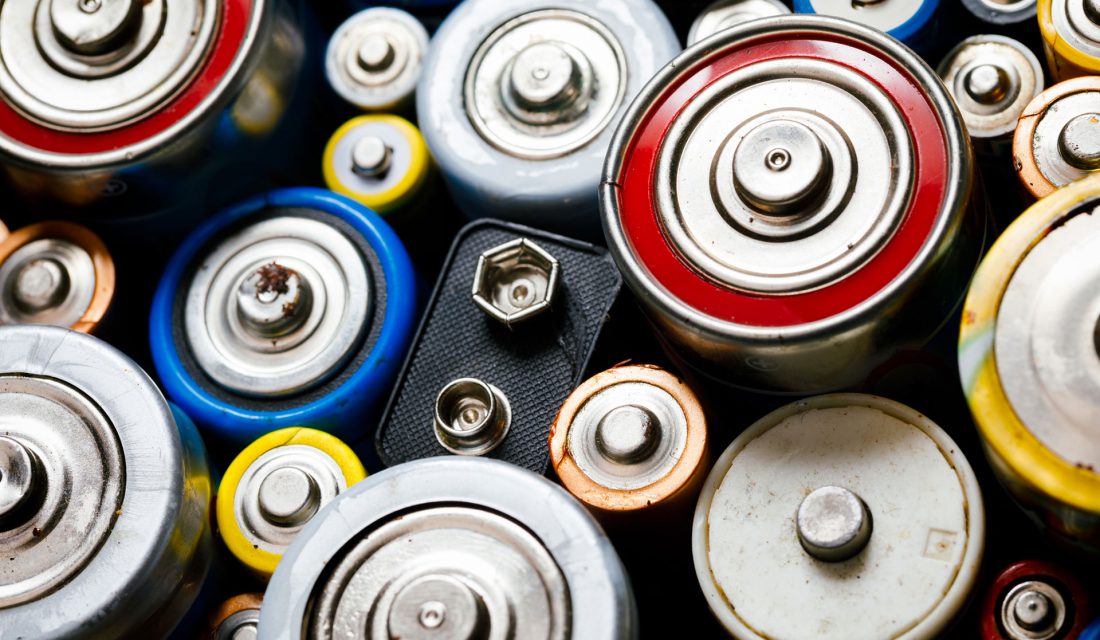
What to do with all those dead AA batteries? Whatever you do, please don’t throw them in the garbage or blue bin. Most hardware stores take dead batteries, and there are several reliable battery recycling programs across Canada, including www.Call2Recycle.ca.
Household items and building materials
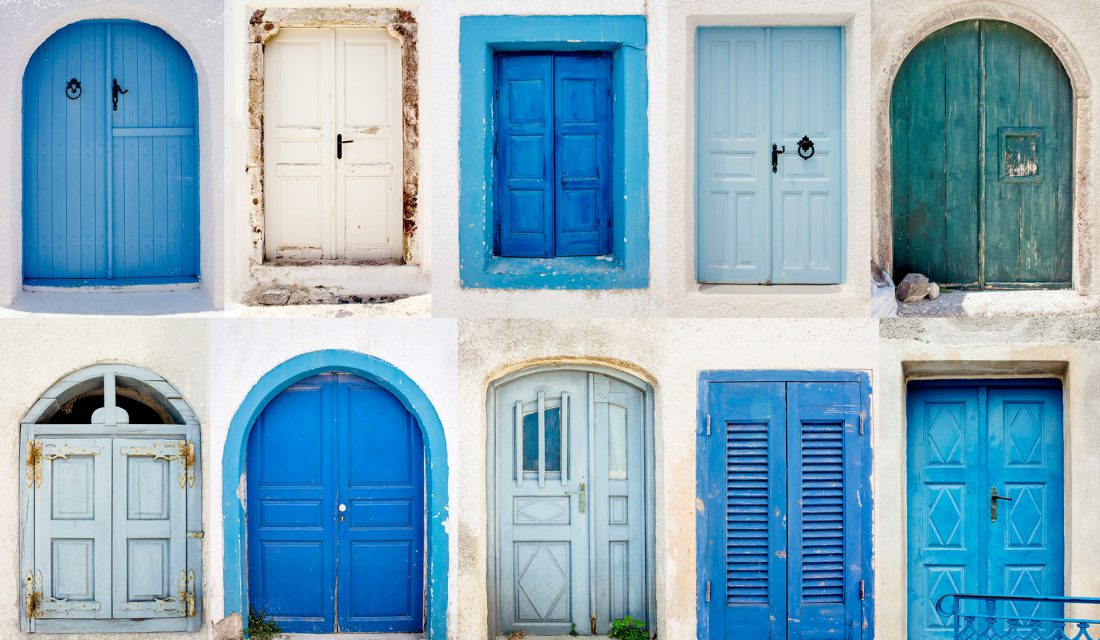
Remodeling your home or building one from scratch? Habitat for Humanity has partnering ReStores all across the country that will take building materials, including lumber, tiles and doors. They’ll also take household items, such as furniture, appliances and light fixtures.
Vehicles
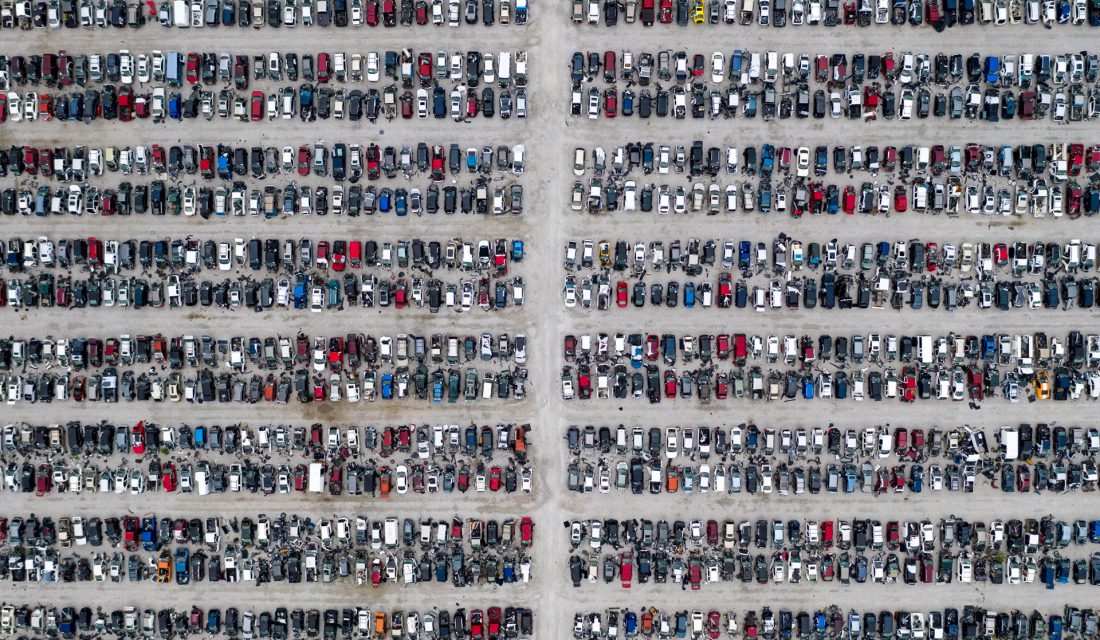
Before scrapping your car, look online for a nearby automotive recycling service that will recycle the parts. In Ontario, for example, many recyclers run your car’s VIN through a program that creates a list of salvageable parts, which is then compared to a list of in-demand parts. The car isn’t scrapped until it has no further use.
Old sneakers
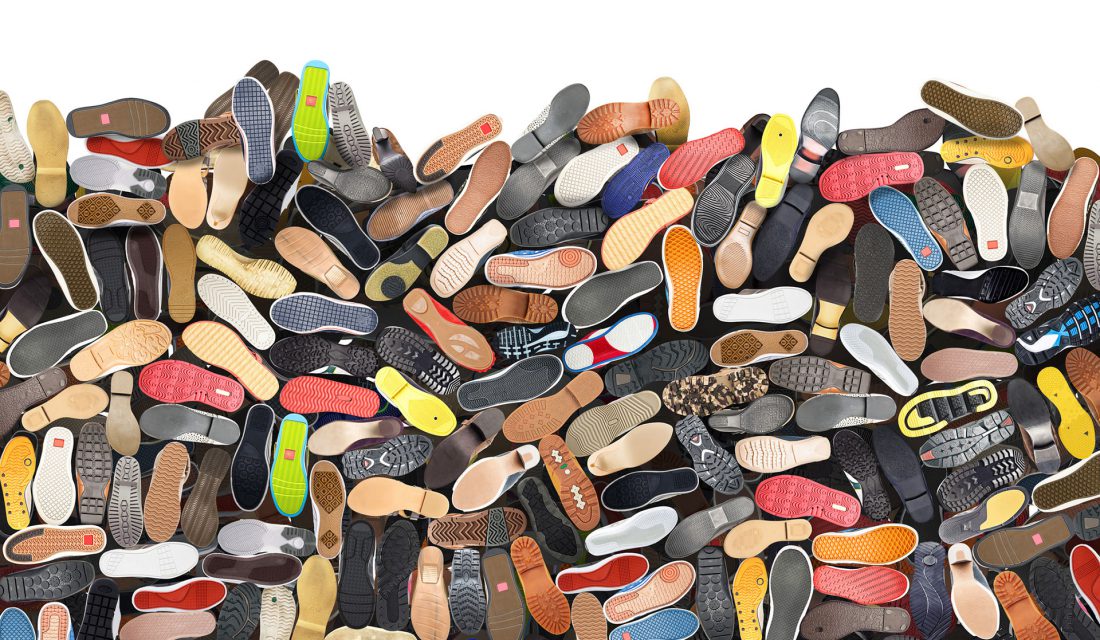
We go through many pairs of shoes, so it doesn’t feel right to throw our old pairs in the garbage. Consider donating your old sneakers to a local thrift store. Better yet, many companies have drop off locations that will donate shoes or grind them down into new materials. A quick Internet search can help you pinpoint a nearby location.
Bicycles
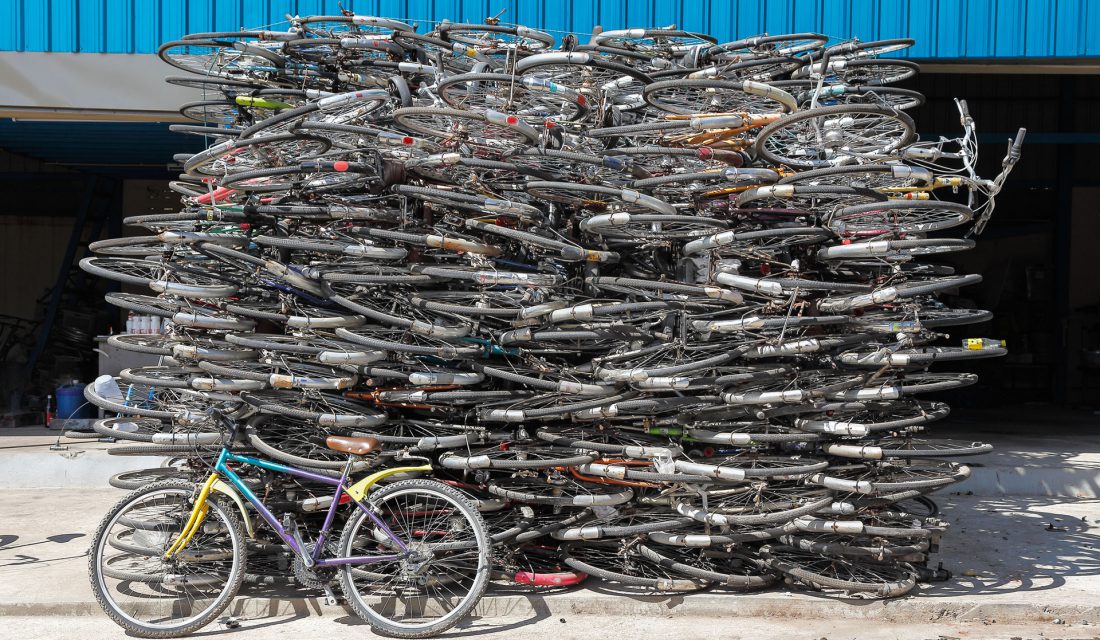
Did you upgrade your bike and you’re not sure what to do with the old one? Before putting it on the curbside, look for a bicycle recycling program that will fix up your old bike and find it a new owner.
Carpeting
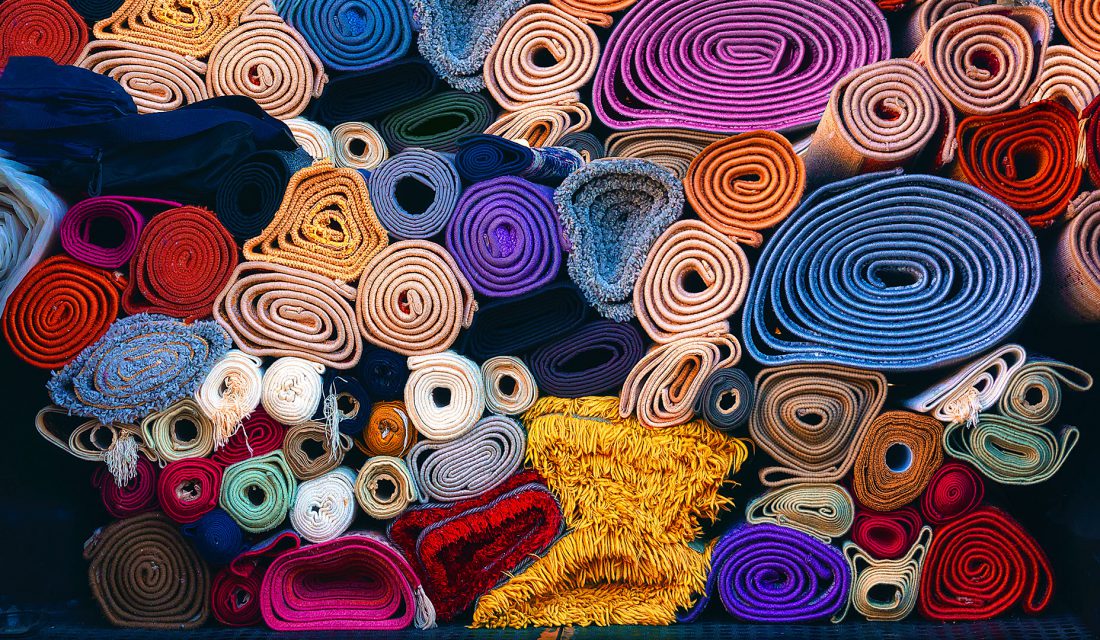
Are you finally getting rid of that old shag carpet in your house? Most carpets are made of plastic fibres and should be recycled. Fortunately, many companies across Canada will take your old carpet – just search Google for “where to recycle old carpet in <your city>” to find a location near you.
Crayons and markers
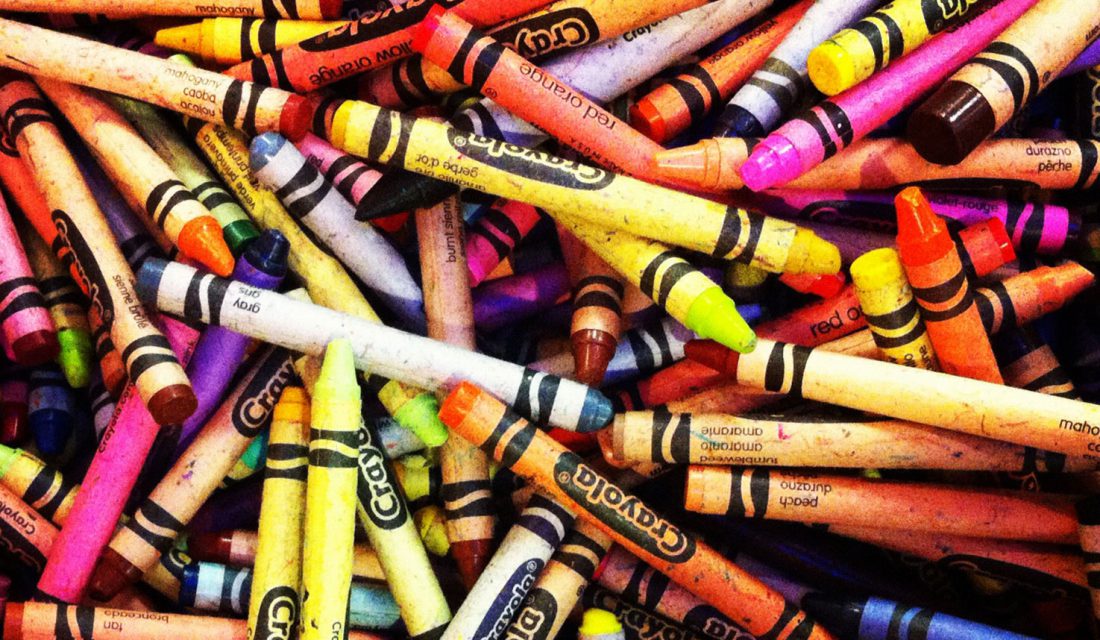 Did you know Crayola’s ColorCycle program will partner with schools to take any used markers, highlighters or even dry-erase markers and repurpose them? The program runs in some parts of Canada – find out if your postal code is eligible here.
Did you know Crayola’s ColorCycle program will partner with schools to take any used markers, highlighters or even dry-erase markers and repurpose them? The program runs in some parts of Canada – find out if your postal code is eligible here.
Eyeglasses
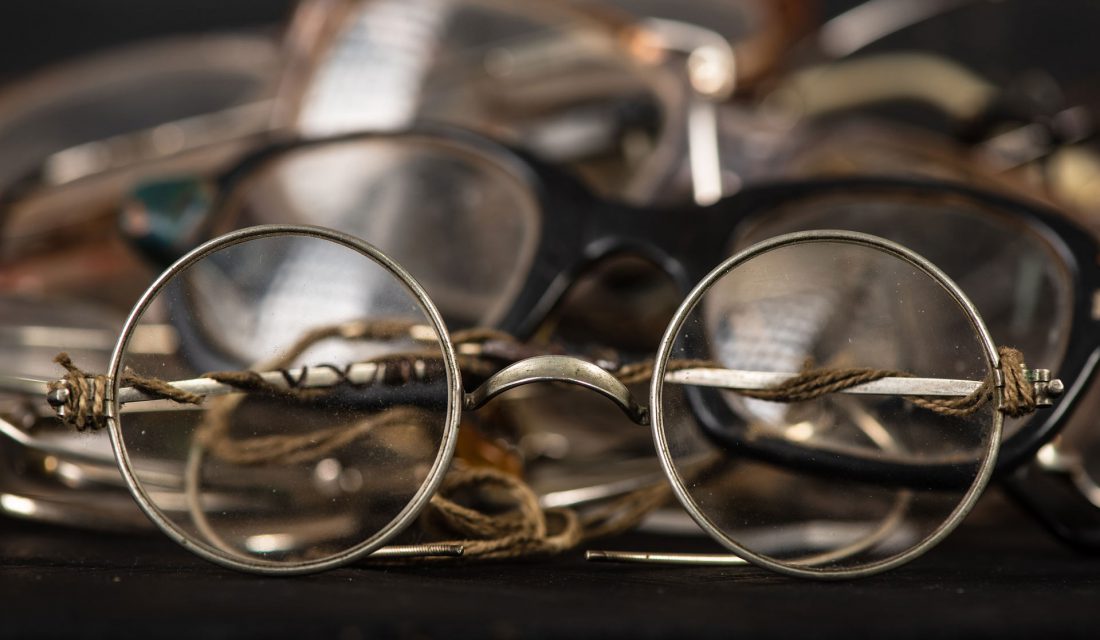
Did you know 55 per cent of Canadians wear eyeglasses? If your prescription changes, your eyeglasses likely change as well. Consider donating your used prescription glasses. Many opticians can recommend a local program, or you can search for the nearest collection location on the Canadian Lions Eyeglass Recycling Centre webpage – most Lions Clubs accept used eyeglasses.
Plastic bags
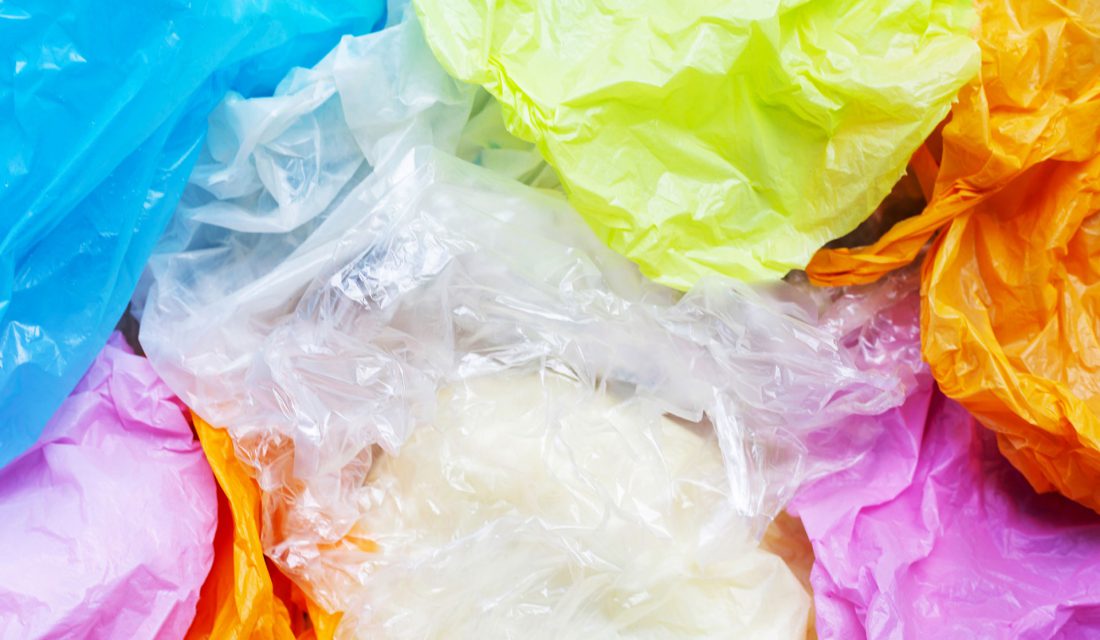
Of course, the best approach is to avoid plastic bags altogether by switching to reusable grocery bags. But if you do have plastic bags at home in good condition, consider repurposing them for your kitchen or bathroom garbage, cat litter bag or another use. If the bags are not in good condition, most grocery retailers have bins inside for collecting unusable plastic bags.
Mattresses
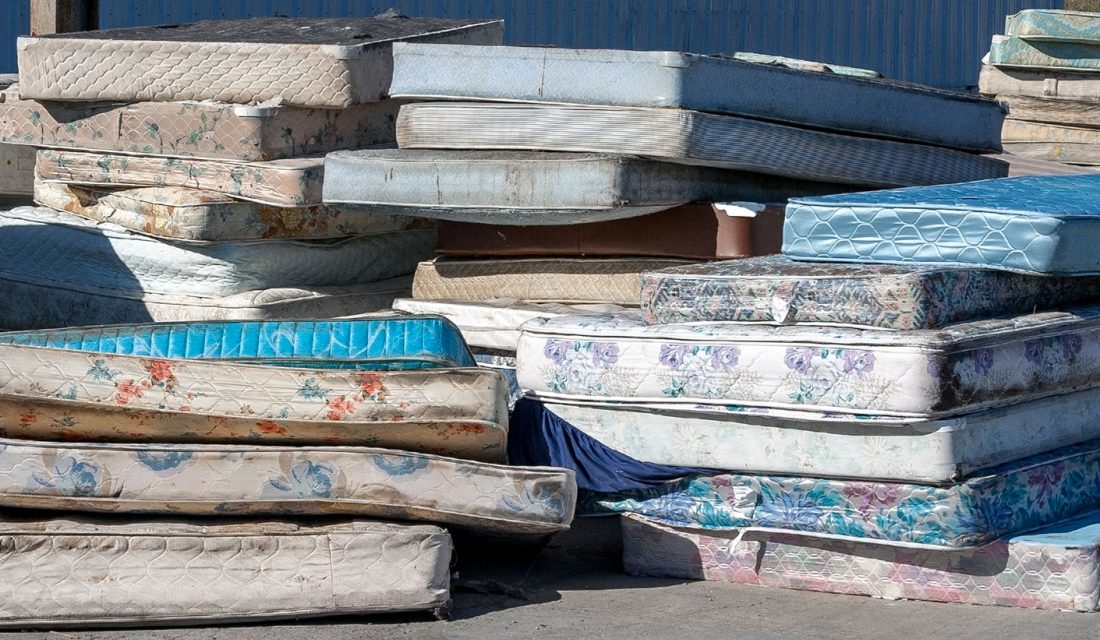
Each year, about 6 million mattresses are disposed of in landfills. Luckily, more and more companies are taking the lead to help reduce this number. If you live in western Canada, www.MattressRecycling.ca is a good option for recycling your used mattress. If you live in Quebec, try www.mattcanada.com. And if you’re in a different location, there are many more mattress recycling options – just head over to Google for a quick search!
Electronics
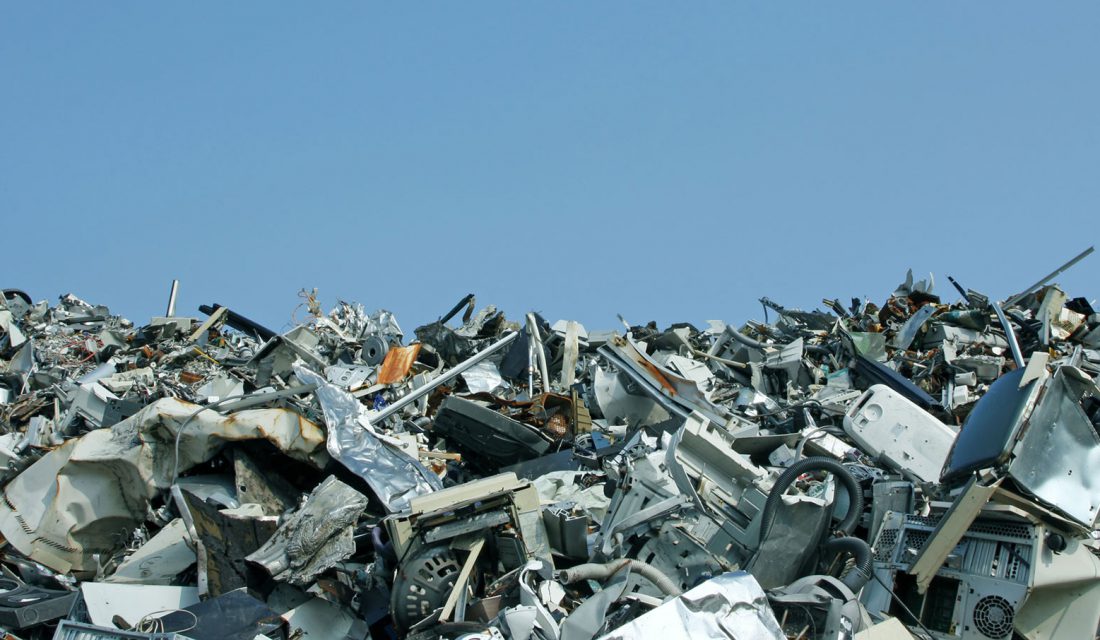
Don’t toss out your old cellphone – or any electronics for that matter! These devices contain plenty of recyclable metals, which means recycling your electronics helps to decrease the amount of raw materials needed to make new products. Many electronic retailers (such as Staples) will take and recycle used electronics – everything from printers to cameras to sometimes even coffee makers. For your cell phone, you can check out www.recyclemycell.ca for drop off locations across Canada.
We hope this article is helpful the next time you come across an item in your home that you would otherwise throw in the garbage. And remember, the best approach is to avoid purchasing unnecessary items in the first place.
There really is no such thing as throwing something “away” – it just winds up somewhere else on our planet – so every action we take to minimize landfill waste is a win.


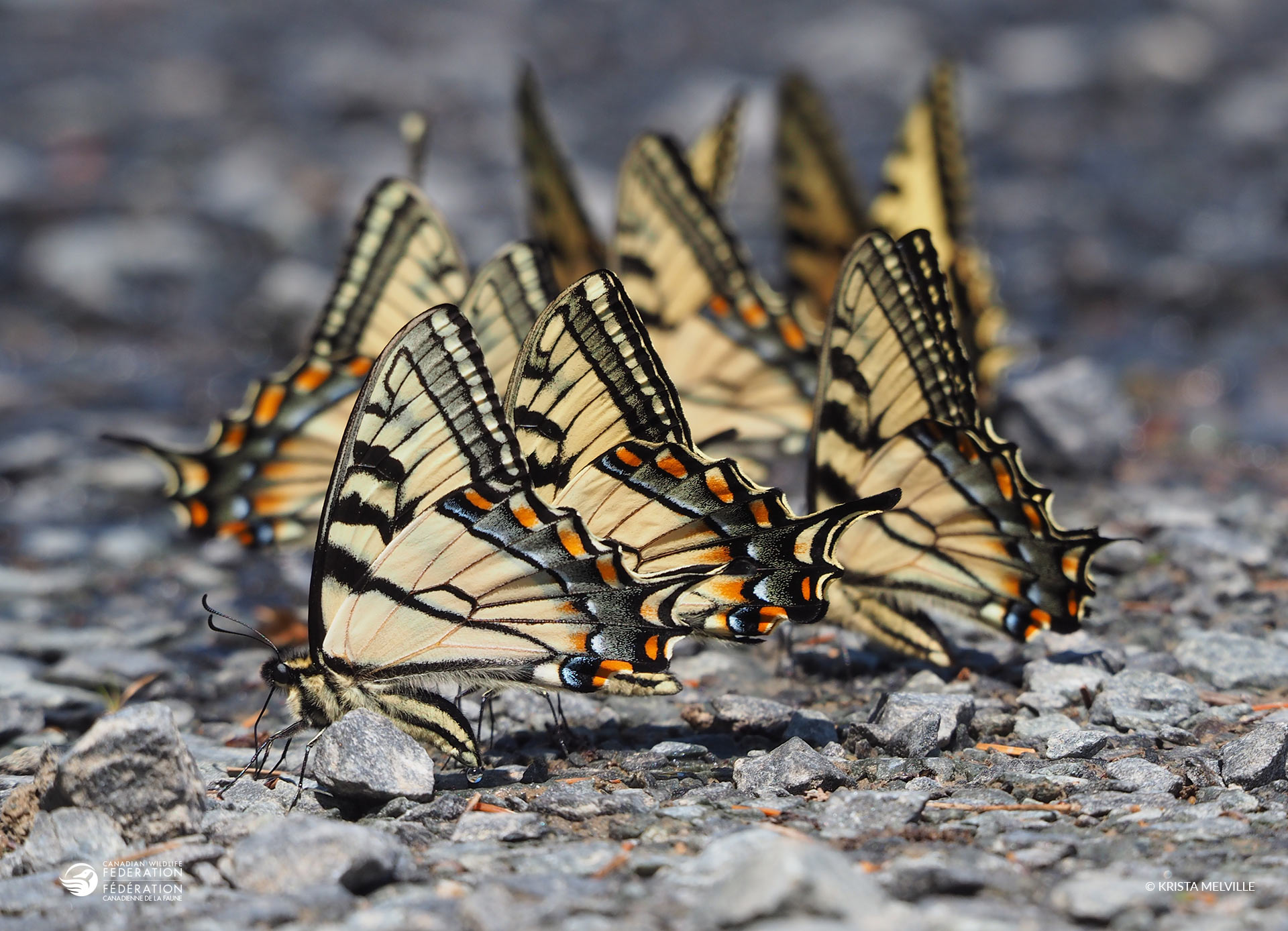


8 comments
Re recycling crayons and markers
My postal code is listed there so what do I do– just put them in the bluebox? or is there is depot in this area (N9E) Windsor, ON
I have been putting all small plastic items and bottle tops in a container and then in a sealed bag when full. I place in with my recyclables in hope that they can be used for something further. I do not want them goi g to the landfill where the wildlife gets hold of them. Any comments will be appreciated as I have great concern for the animals and birds.
This was a great information to things that we should recycle. Thanks
Where can I recycle plastic tooth brushes in B.C.?
What can one do with VCR containers and the tapes ? I have heard there is a place in Toronto that recycles these, but they must be delivered or mailed. The latter is cost prohibitive.
So am I, but do they just throw them in the landfill when they see them?
Light bulbs – all kinds.
Our recycling center takes light bulbs and foil packaging as well in Courtenay, BC.